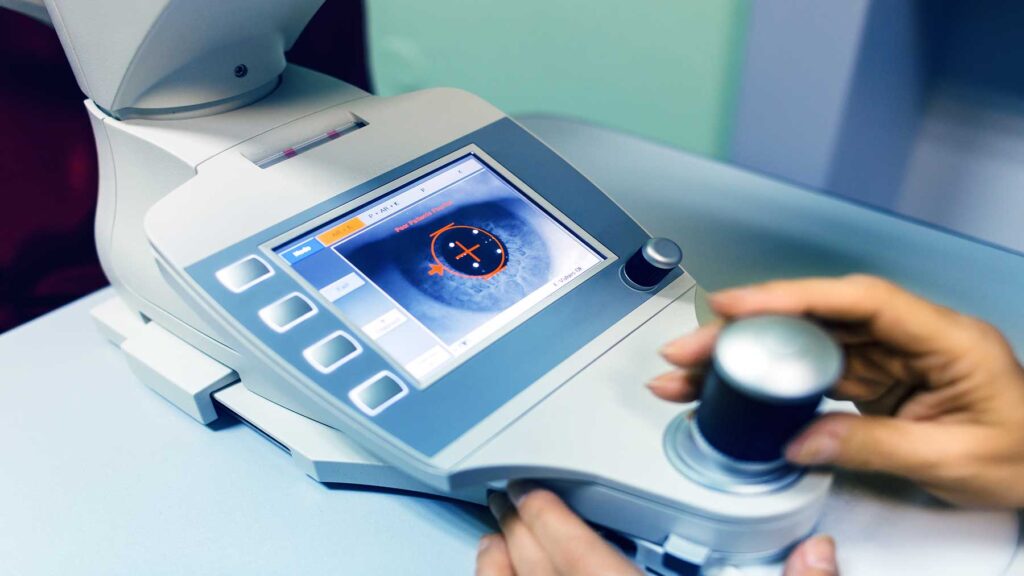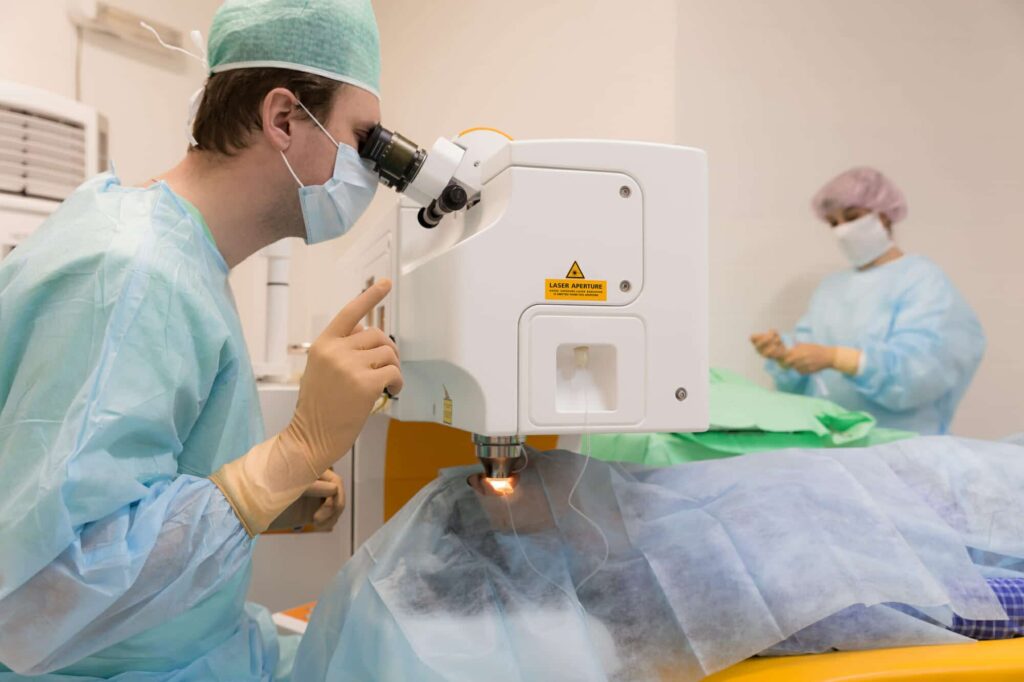When it comes to vision correction, many people are now considering laser eye surgery as a potential solution. Laser eye surgery is a popular and effective procedure that can reduce or even eliminate the need for glasses or contact lenses. But is laser eye surgery really a good option for improving your vision? In this article, we will explore the benefits, risks, and considerations associated with laser eye surgery to help you make an informed decision.
What is Laser Eye Surgery?
Laser eye surgery, also known as refractive surgery, is a medical procedure that uses a laser to reshape the cornea, the clear front surface of the eye. By altering the shape of the cornea, laser eye surgery can correct common vision problems such as nearsightedness (myopia), farsightedness (hyperopia), and astigmatism. The most common types of laser eye surgery are LASIK (Laser-Assisted In Situ Keratomileusis) and PRK (Photorefractive Keratectomy).
The Benefits of Laser Eye Surgery
Improved Vision
The primary benefit of laser eye surgery is improved vision. Many people who undergo the procedure experience a significant reduction in their dependence on glasses or contact lenses. Some even achieve 20/20 vision or better. Click here to get how long do implantable contact lenses last after cataract surgery?

Quick Recovery
Laser eye surgery typically has a fast recovery time. Most patients can return to their normal activities within a day or two after the procedure.
Long-Lasting Results
The results of laser eye surgery are generally long-lasting. Once your vision stabilizes, you may not need further correction.
Convenience
Freedom from glasses or contacts can be incredibly convenient, especially for those who enjoy sports or outdoor activities.
Considerations and Potential Risks
While laser eye surgery offers many benefits, it’s essential to consider the potential risks and limitations:
Cost
Laser eye surgery can be expensive and may not be covered by insurance.
Not Suitable for Everyone
Not everyone is a candidate for laser eye surgery. Your eye health, prescription, and other factors will determine whether you are eligible.
Possible Side Effects
Some people may experience side effects like dry eyes, glare, halos, or night vision issues after surgery.
Regression
In some cases, vision may regress, necessitating a second procedure or continued use of glasses or contacts.
Complications
While rare, there can be complications such as infection or overcorrection.
Is Laser Eye Surgery Right for You?
The suitability of laser eye surgery varies from person to person. To determine if it’s the right choice for you, consider the following:
Consultation
Schedule a consultation with an experienced eye surgeon. They will evaluate your eye health, prescription, and discuss your goals and expectations.
Realistic Expectations
Understand that while laser eye surgery can significantly improve your vision, it may not guarantee perfect vision, and there can be side effects.
Financial Considerations
Assess whether the cost is within your budget and whether your insurance covers the procedure.
Alternative Options
Explore alternative vision correction methods, such as implantable contact lenses or refractive lens exchange, which might be more suitable for your needs.
In conclusion, laser eye surgery, when performed on suitable candidates by skilled surgeons, can be an excellent option for vision correction. It offers the potential for improved vision without the need for glasses or contacts. However, it’s crucial to weigh the benefits against the potential risks and consult with an eye care professional to determine if laser eye surgery is the right choice for you. Remember that the keyword “laser eye surgery” represents a viable option for vision correction that can provide lasting benefits for many individuals.

